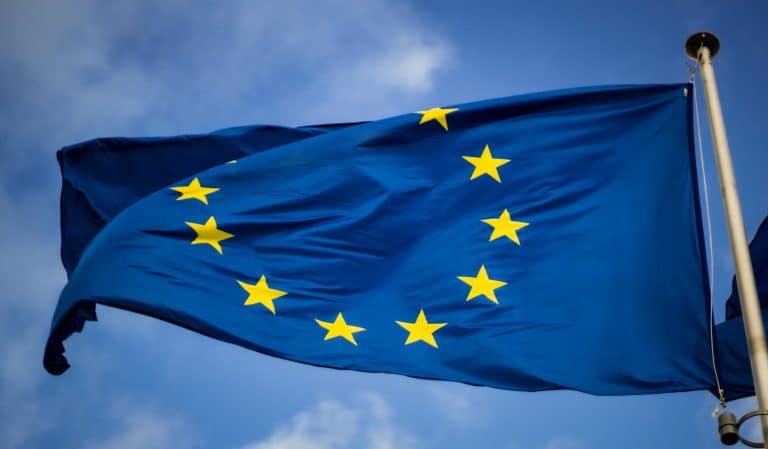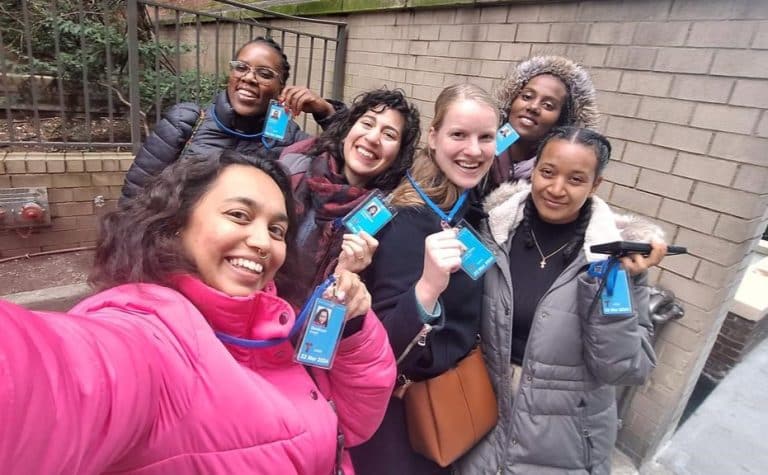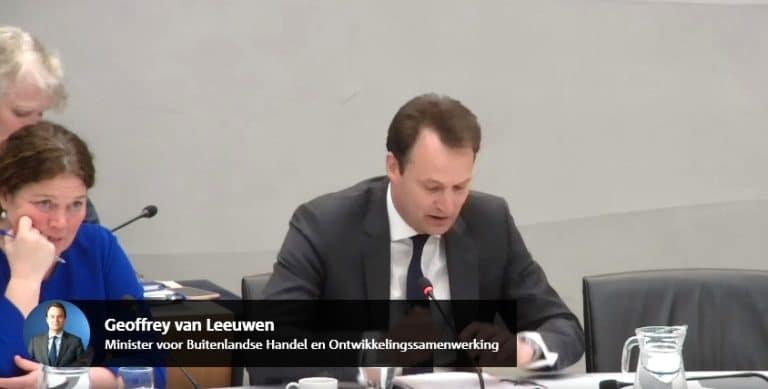Tom Buis
2019 was an exciting year for those who work in the field of pharmaceutical policy. The topic of access to medicines is climbing higher on the political agenda. Not just in the Netherlands – where this topic has already been one of the political priorities for quite some time – but also in the EU and at the World Health Organization (WHO). With all this attention for pharmaceutical policies, the global access to medicines movement will have the opportunity to make 2020 a game-changing year.
Despite the fact that in 2019 there were numerous examples of patent abuse and unjustifiable prices regarding medicines, there were also many wins. Especially the topics of transparency and public return on public investments have seen some considerable improvement.
In May, SOMO and Wemos published their report ‘Overpriced’. Along with other reports published in the UK and in Spain, ‘Overpriced’ stressed the importance of the role of government funding in the Research & Development (R&D) of medicines. Information on the amount of public funding and the different pathways of public funding can strengthen government’s positions during price negotiations. Moreover, it informs us about the stages in which the government can attach conditions to public funding to increase access to medicines.
Blueprints for attaching conditions to publicly funded research conducted at Dutch medical universities are currently in the final stages of development. The Netherlands Federation of University Medical Centres (NFU) is drafting a model agreement based on 10 principles of socially responsible licensing that were published earlier this year. These principles will not only help the Netherlands improve the public return on public investment, but can also act as a blueprint for EU-wide policies.
“Appropriate reimbursement”
Public funding is often the foundation for the development of many novel therapies. A striking example is Zolgensma (costs: 2.1 million USD per patient in the US). This gene therapy, that is not yet approved by the European Medicines Agency, was partly developed with money from the National Institute of Health in the US, a French research institution funded with money from a charity. This institution, Généthon, negotiated a price clause when licensing out their technology that was crucial for the development of Zolgensma. James Love uncovered a contract between Novartis and Généthon, stating that Novartis must make “reasonable efforts” to make Zolgensma available within France that would allow for “appropriate reimbursement”. Although this legal text only pertains to France and still needs to show its effects, it shows that pharmaceutical companies accept conditions on licenses that are developed with public funding.
Raising the curtain
Another major topic in pharmaceutical policy debates in 2019 was transparency of prices and R&D costs. Before the World Health Assembly took place in May, Italy had drafted a resolution on price transparency and R&D costs of medicines. After intense negotiations, WHO members adopted a resolution that urges member states to be transparent on the net prices negotiated with pharmaceutical companies. Although the initial part on R&D transparency was left out, it is still a considered a major victory for the access to medicines movement. National initiatives to improve transparency have already been successful, for instance in France: the French Parliament requires disclosure of public funds used in R&D for new drugs entering the market. Now it’s up to other countries and the EU to follow these initiatives.
2019 has been a year of some great victories for the access to medicines movement. The political and public consensus is shifting, in favour of the patient. Looking ahead into 2020, we will likely see some serious discussions around the orphan drugs designation, compulsory licensing and transparency of R&D and prices. Because the stakes are high, we can expect some serious industry pushback. But looking back at all the wins of 2019, I can’t help but be hopeful about the positive outcomes on these topics – and for the access to medicines movement overall – in 2020.
Read more about our work on Access To Medicines.




